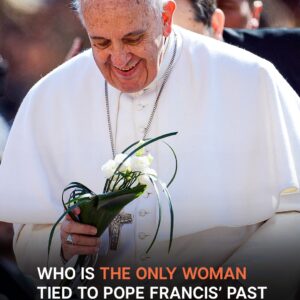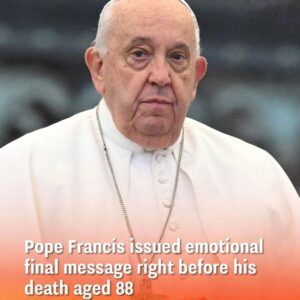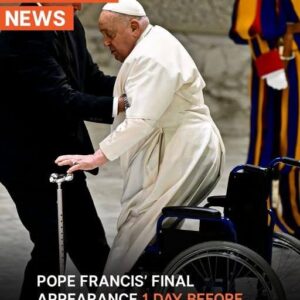Pope Francis passed away at 88 from heart failure and a stroke. His final moments were marked by humility and devotion, as he appeared on the balcony of Saint Peter’s Basilica on Easter, visibly frail and needing help from aides. With support, he offered a final Easter message: “Christ is risen!” and called for peace, condemning “the great thirst for death, for killing,” and violence against the vulnerable.
Despite his health—having spent 38 days in the hospital for pneumonia—he traversed the piazza in the Popemobile, blessing thousands. Cardinal Comastri led the Easter Mass in his place. He died the next morning, confirmed by Cardinal Kevin Ferrell. Bells at Notre-Dame rang 88 times in tribute.
Francis, the first Jesuit Pope, succeeded Benedict XVI and pushed for a more compassionate Church, tackling clergy abuse, defending migrants, and promoting environmental care. Yet, he drew criticism for causing doctrinal confusion, especially on divorce and abortion.
He requested burial at Rome’s Santa Maria Maggiore, breaking from tradition. His legacy includes reforming Vatican leadership and pushing for accountability. As he once said: “Who am I to judge?”—words reflecting his lasting message of acceptance and mercy.





